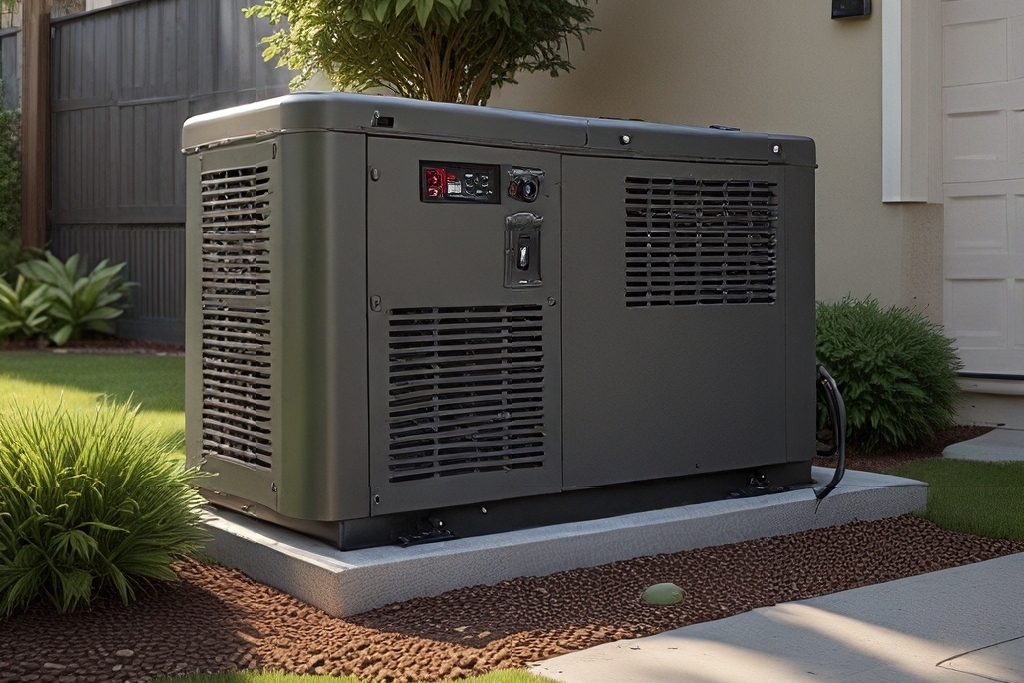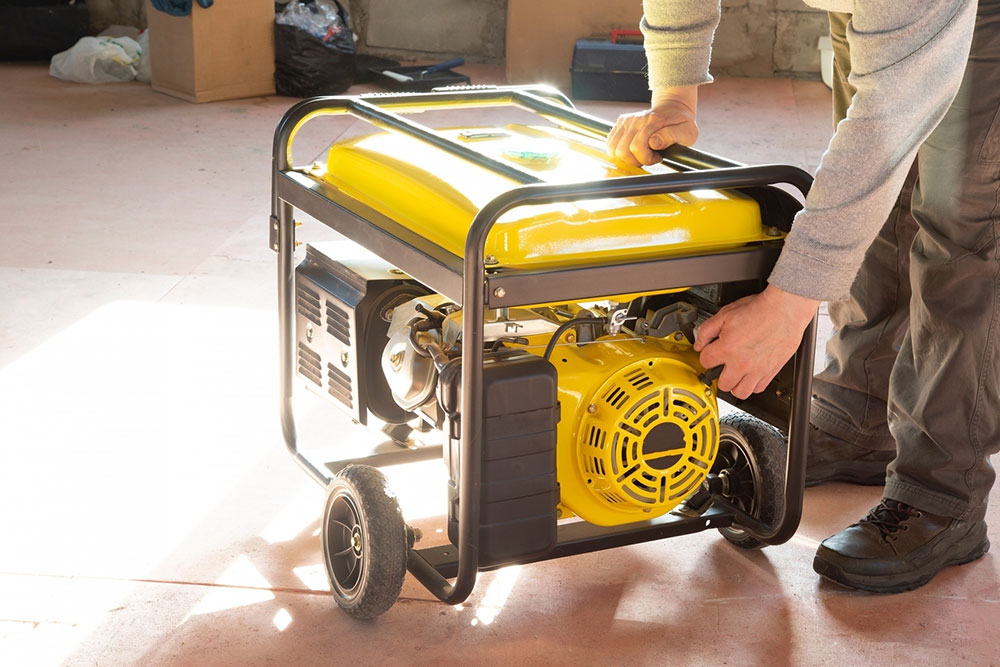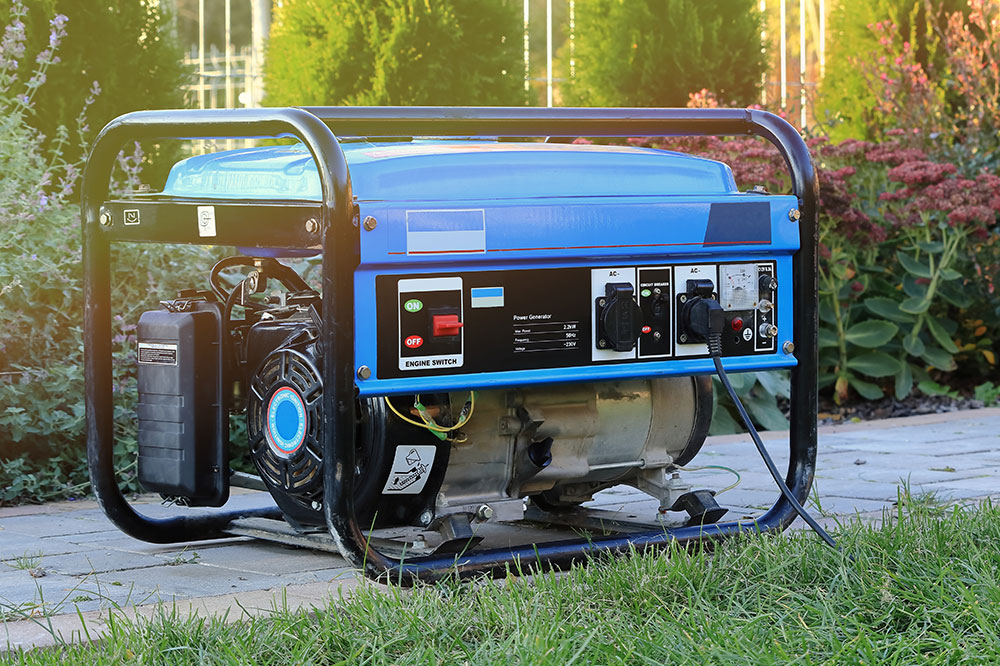Backup Power Solutions in New Zealand: Ensuring Continuous Electricity Supply
This article discusses backup power solutions in New Zealand, emphasizing the importance of emergency generators. It covers various types, selection criteria, and benefits of having reliable backup systems to ensure safety, business continuity, and resilience against natural and technical disruptions. Proper installation, maintenance, and compliance are also highlighted to help homeowners and businesses make informed decisions and safeguard their operations in unpredictable environments.

Backup Power Solutions in New Zealand: Ensuring Continuous Electricity Supply
In New Zealand’s scenic yet challenging environment, backup power systems are vital for homes, businesses, and essential services. Natural phenomena like earthquakes, storms, floods, and volcanic activity can cause prolonged power outages. This article explores the significance, types, and selection tips for backup generators suited to New Zealand’s unique conditions, along with benefits and key considerations for choosing the right system. Ensuring reliable power helps protect safety, maintain operations, and promote resilience amid unpredictable weather and geological events.
Why Backup Generators Are Essential
Due to New Zealand's seismic zones and diverse weather patterns, power disruptions are common. Earthquakes can sever grid connections for long periods, while storms, floods, and volcanic activity can damage infrastructure, leading to sudden blackouts.
The importance of backup power systems:
Home Protection: Ensures vital appliances, including heating, refrigeration, and medical devices, keep operating during outages.
Business Continuity: Maintains operations, protects inventory, and prevents revenue loss during power failures.
Critical Infrastructure: Hospitals, emergency services, and communication facilities depend on reliable backup power to serve the public safely.
Types of Emergency Generators
Various backup power solutions are available, each suited to specific needs:
Portable Generators: Mobile units ideal for temporary or small-scale applications such as camping or emergency home use during outages.
Standby Generators: Permanently installed systems that automatically activate during outages, suitable for homes and businesses requiring uninterrupted power.
Inverter Generators: Noted for their fuel efficiency and quiet operation, perfect for sensitive electronics and recreational activities.
Choosing the Right Backup Generator
Power Needs: Calculate total wattage of appliances and systems to select an appropriately sized generator.
Fuel Options: Diesel offers durability for heavy-duty use; petrol is accessible and portable; propane is clean and safe for storage.
Noise Level: Consider quieter options for residential areas. Inverter and standby units tend to be less disruptive.
Cost and Durability: Balance budget with reliability and ease of maintenance for long-term performance.
Maintenance: Ensure availability of service and spare parts, and plan regular testing for readiness.
Advantages of Backup Generators
Enhanced Safety: Keeps critical devices and security systems operational during outages.
Operational Stability: Protects businesses from financial losses by maintaining continuity.
Peace of Mind: Preparedness reduces stress, ensuring daily activities continue smoothly regardless of external disruptions.
Installation & Regulations
Prior to installation, consult local laws and standards. It’s essential to have qualified professionals install backup systems, ensuring proper ventilation, secure placement, and compliance with noise and safety regulations. Regular testing, including self-diagnosing models, is recommended to guarantee functionality in emergencies.
Investing in backup power solutions is crucial in New Zealand’s environment. Proper selection and maintenance of generators provide a safeguard for homes and enterprises, fostering resilience against unforeseen disruptions and ensuring continuous operation during critical moments.
By following these guidelines, New Zealanders can make informed decisions for a resilient, reliable power future.









